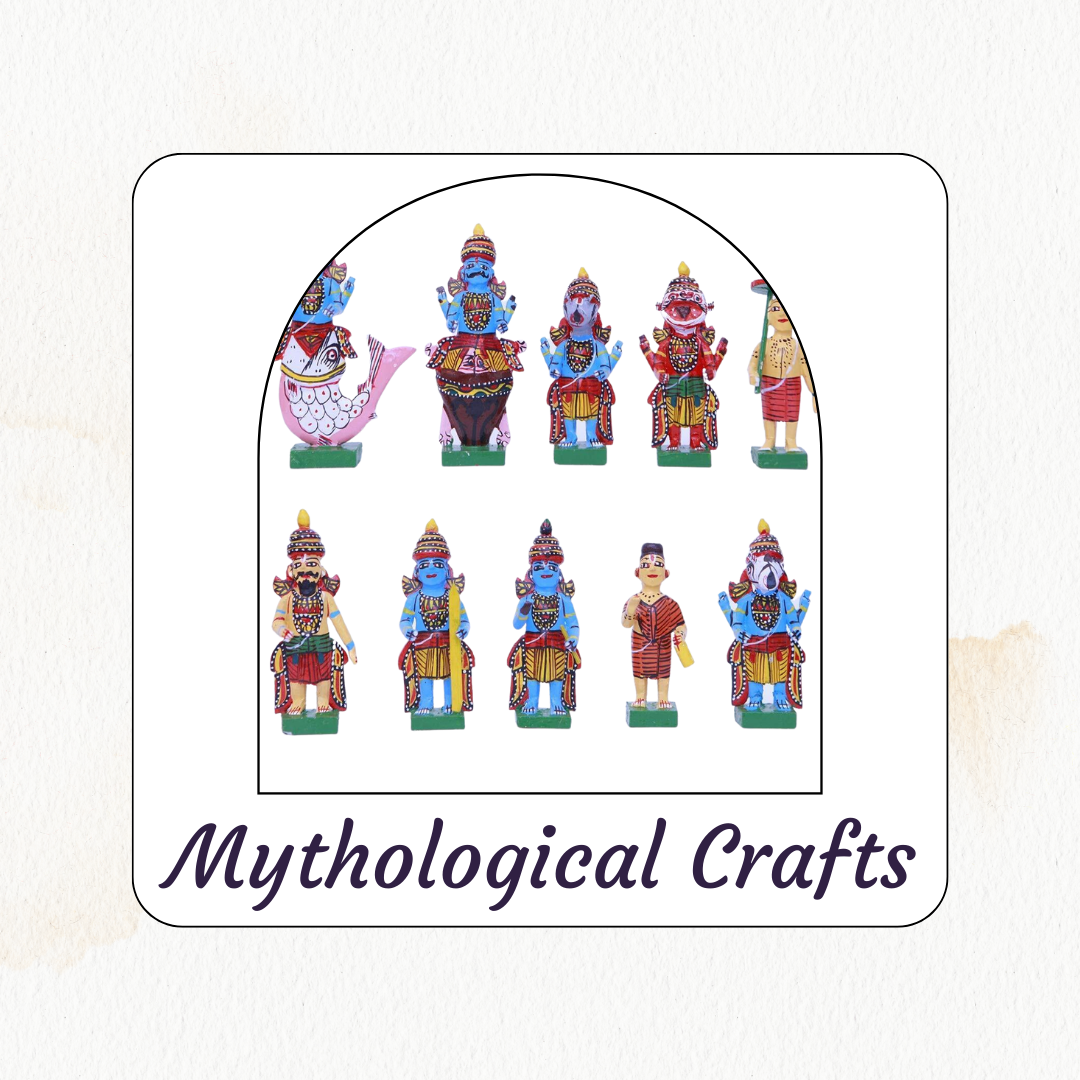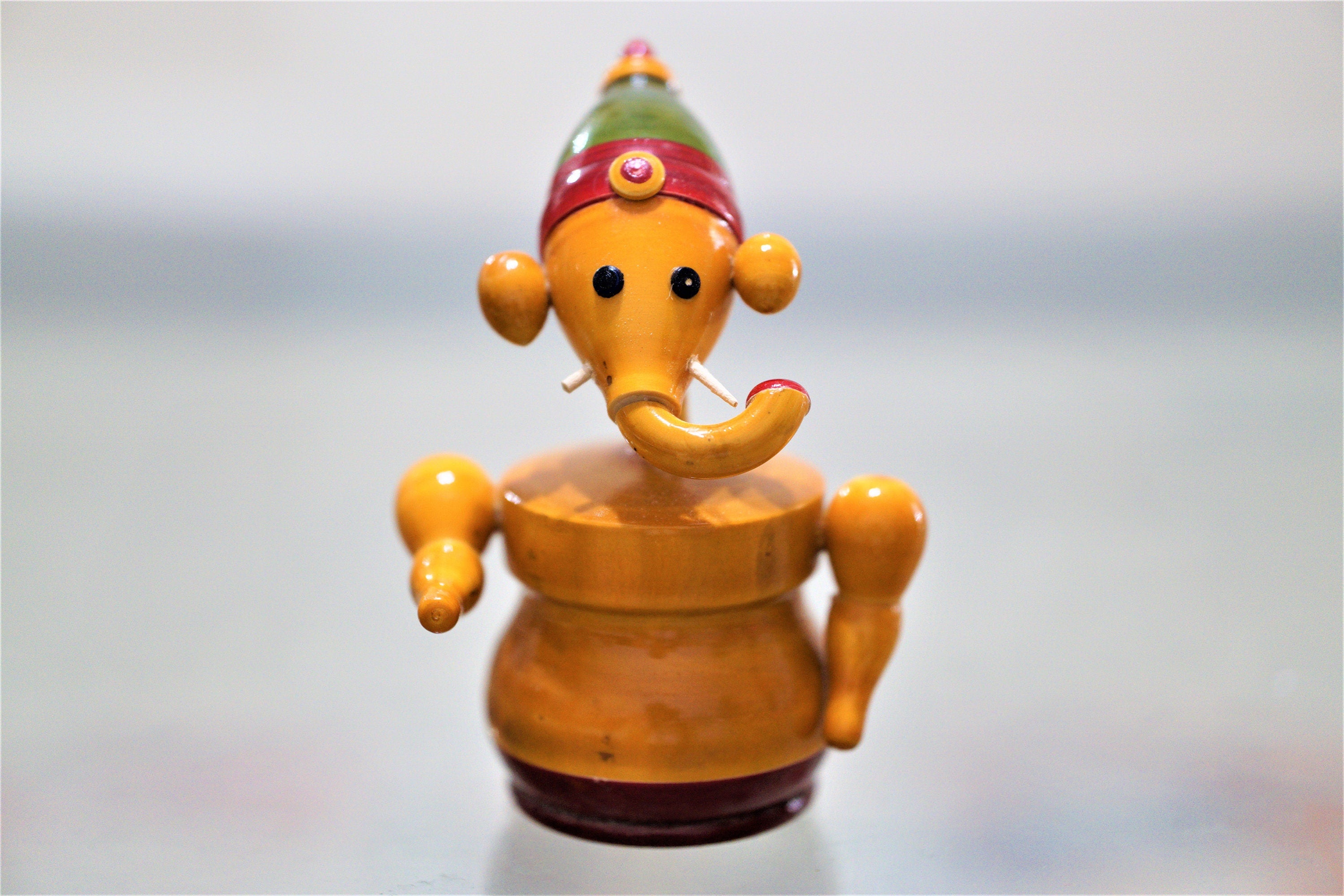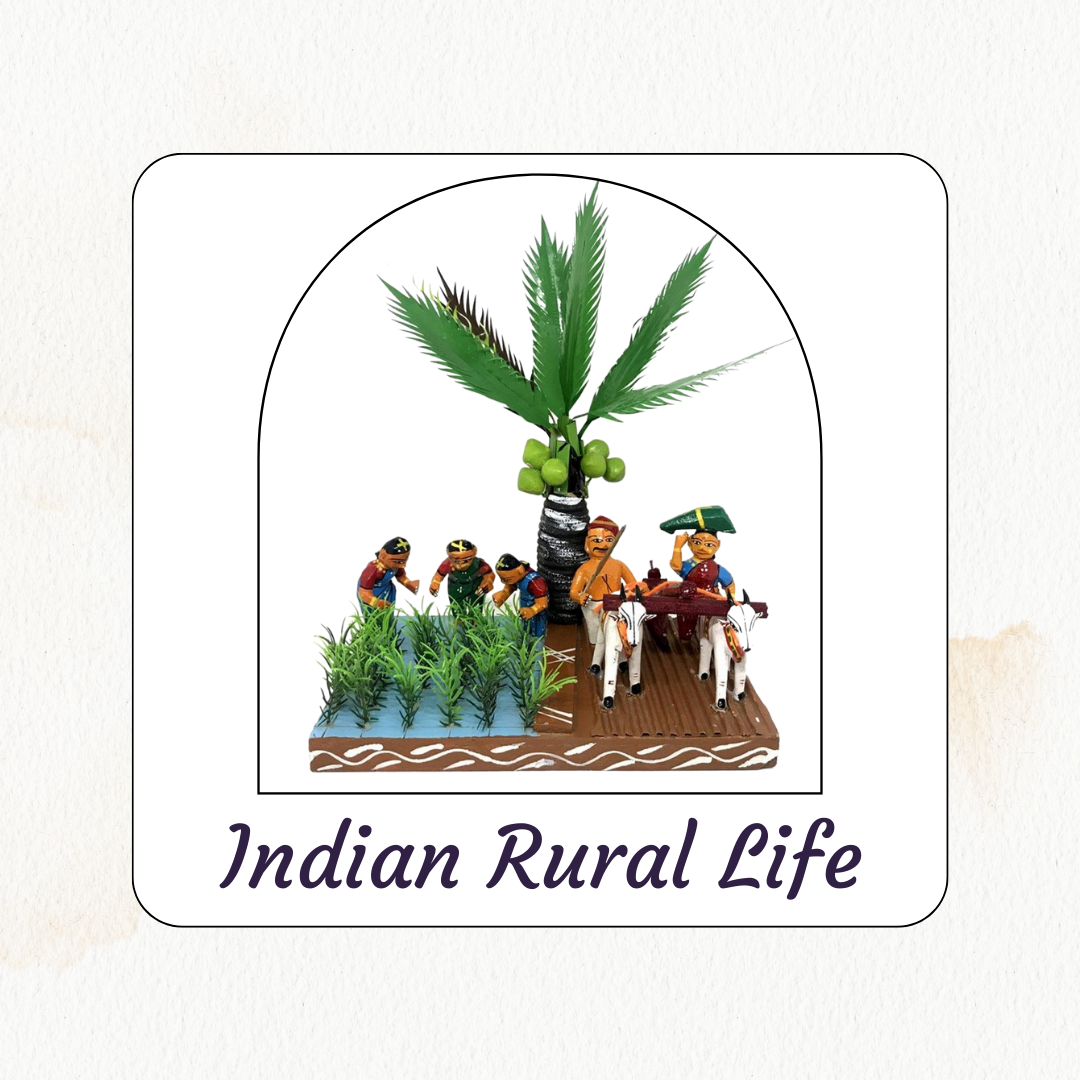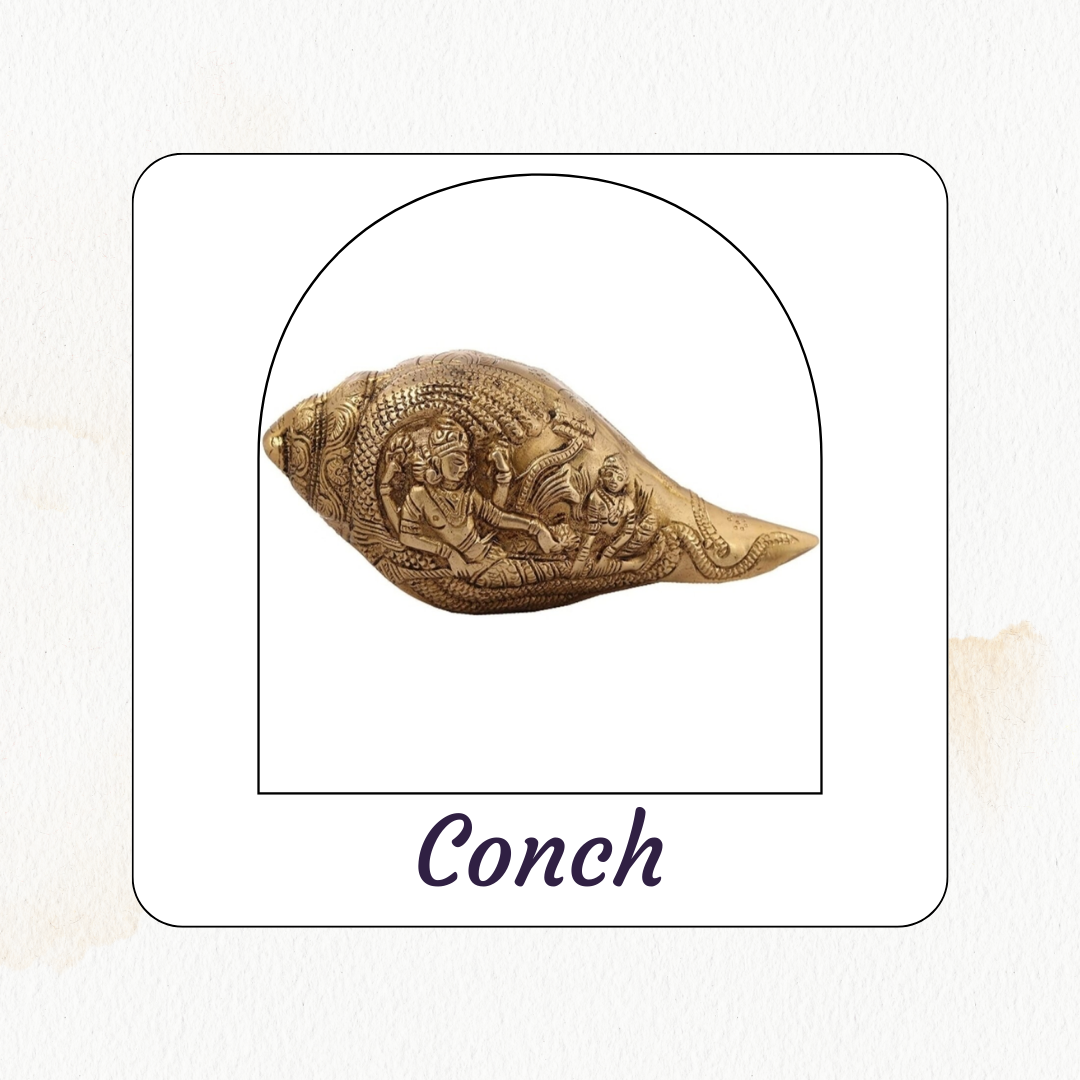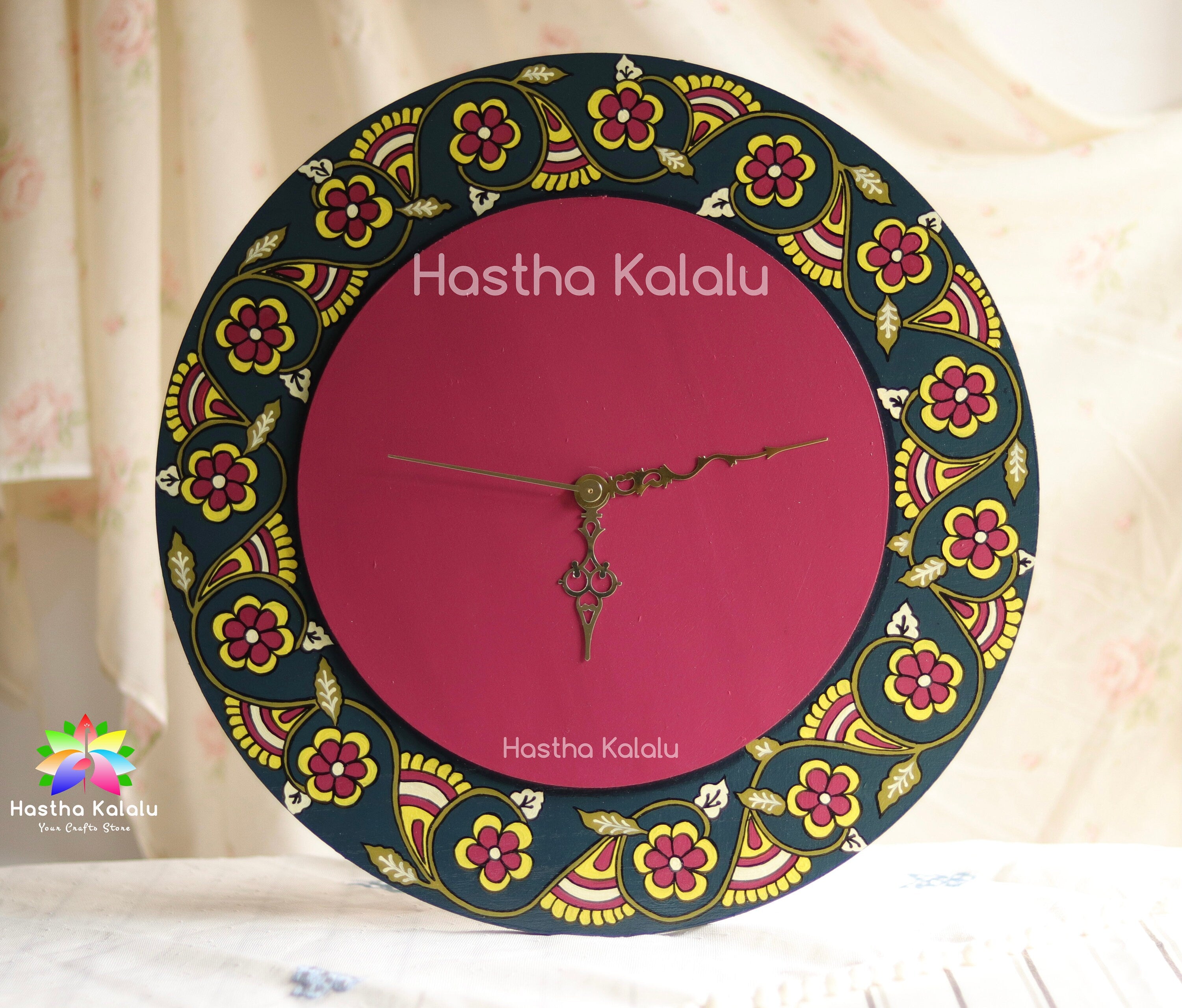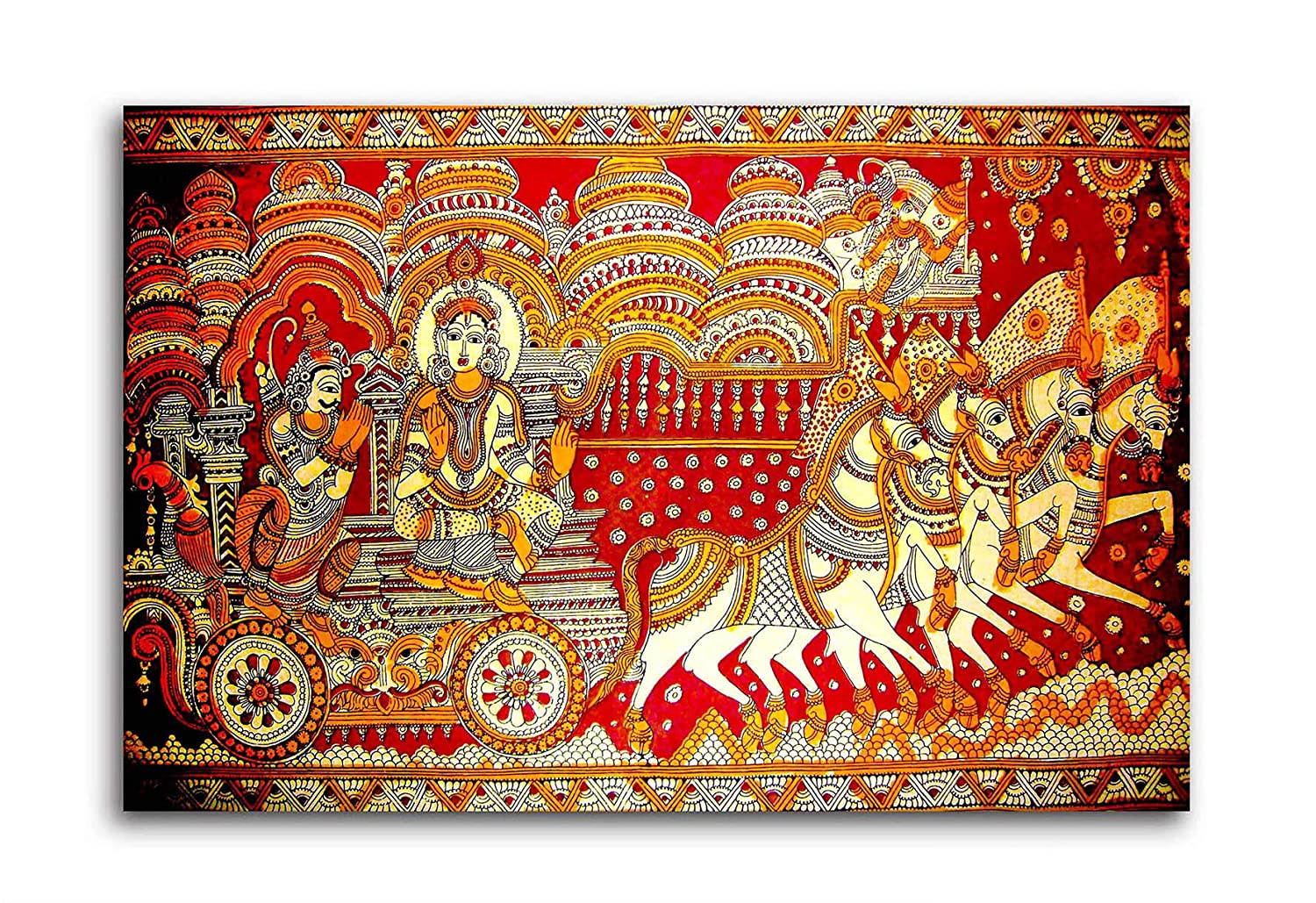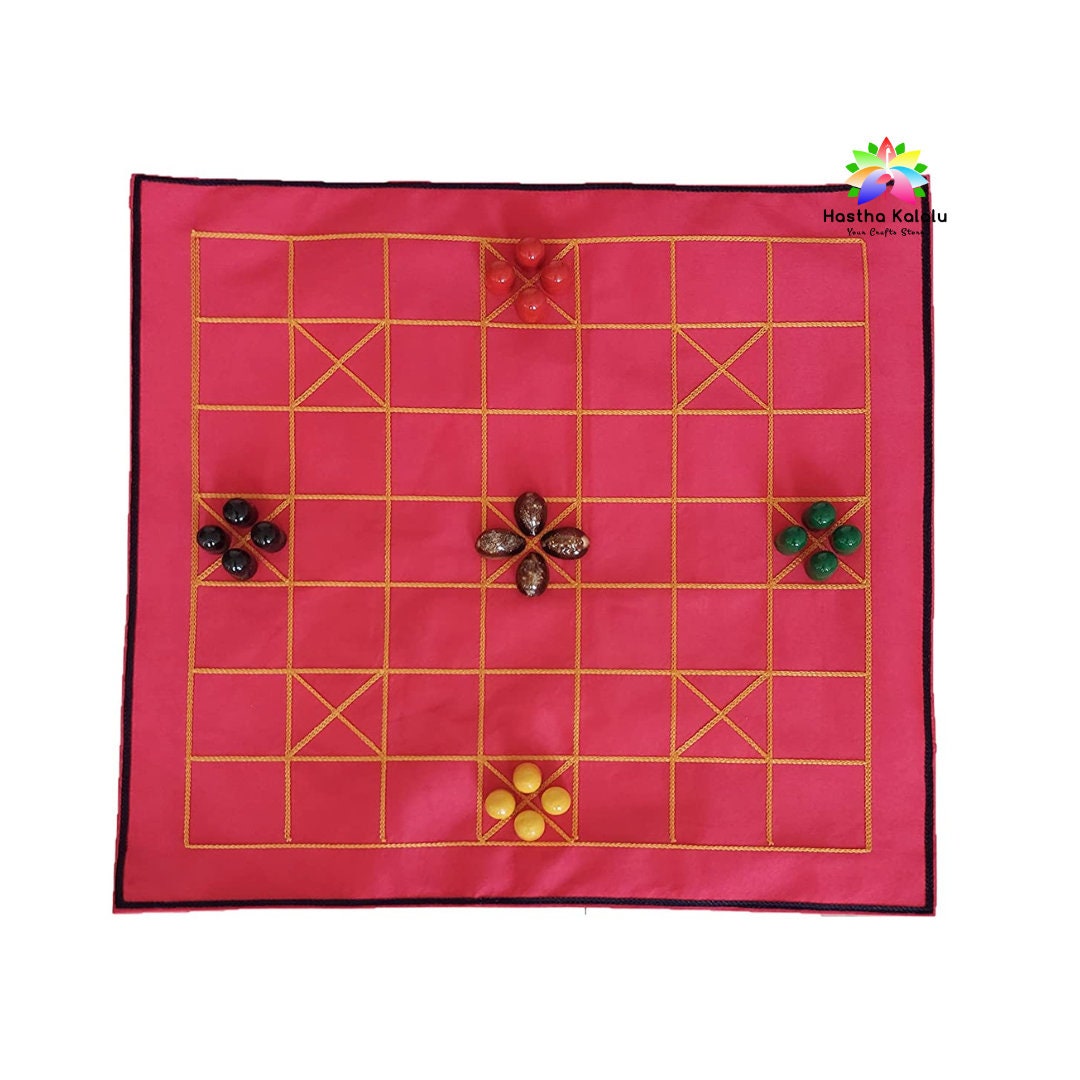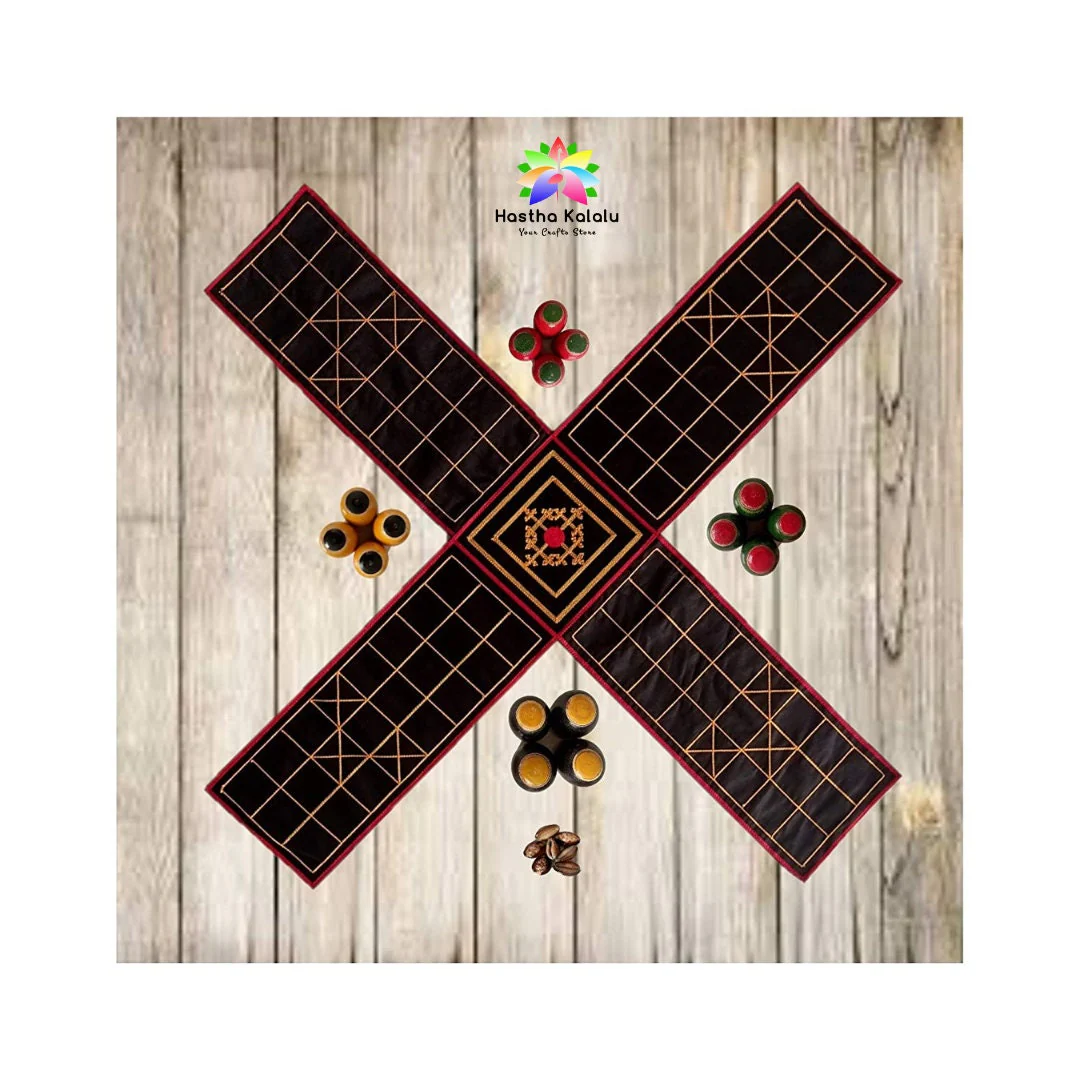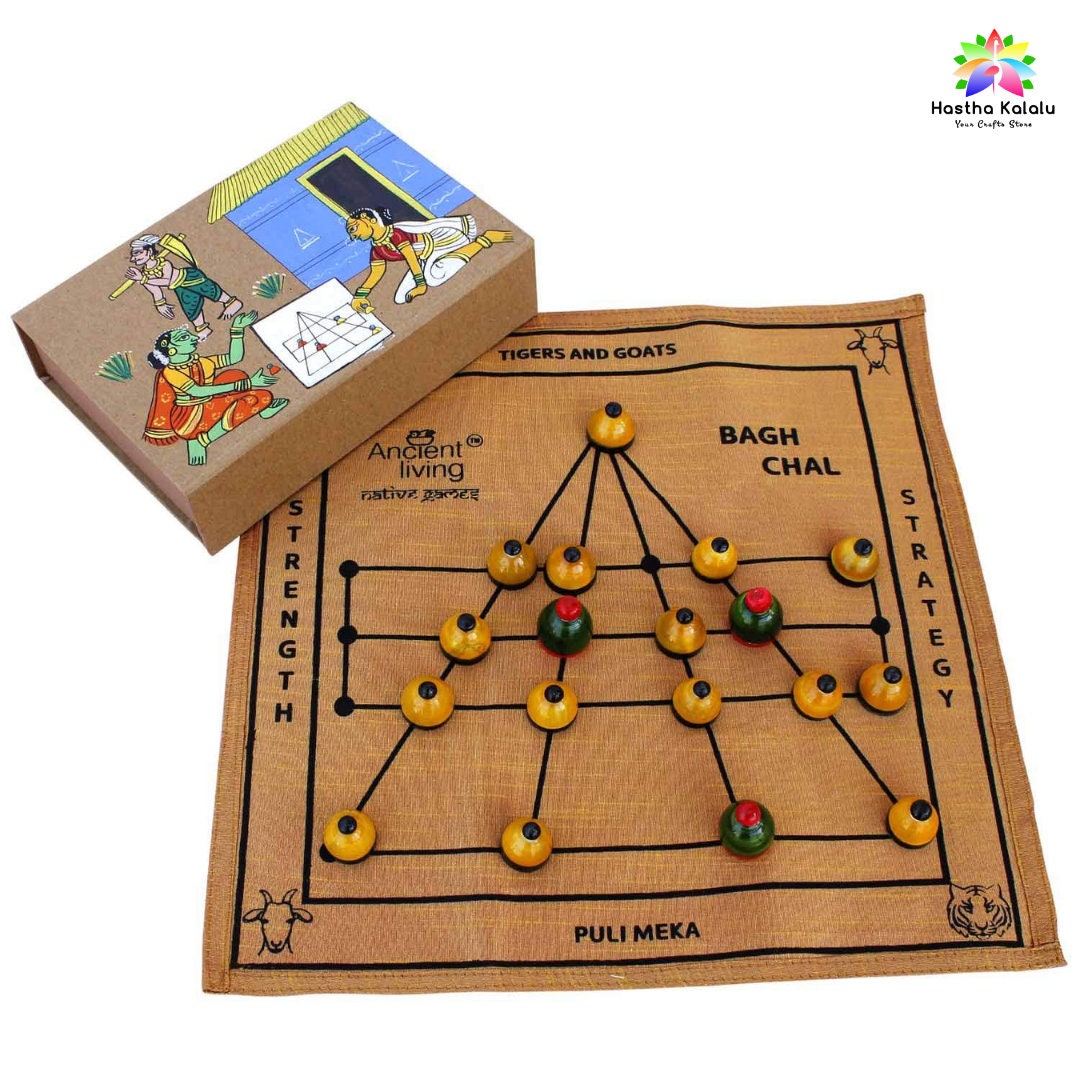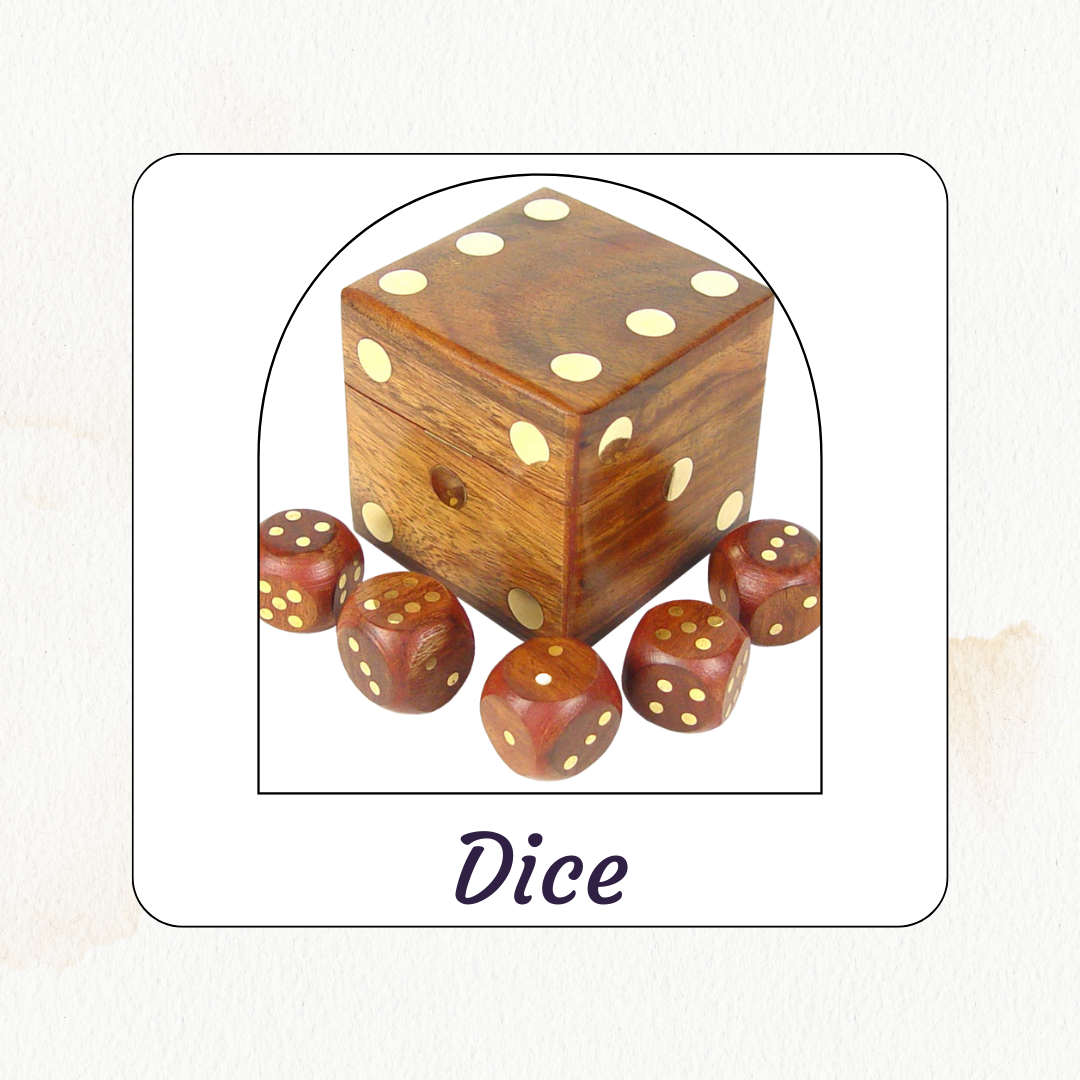Sawan, or Shravana, is one of the most revered months in the Hindu calendar, celebrated for its spiritual significance and dedicated devotion to Lord Shiva, a principal deity in Hinduism. In 2024, Sawan holds its traditional allure as millions of devotees around the world engage in various rituals, fasting, and prayers to seek blessings, spiritual purification, and growth. Falling during the monsoon season, Sawan is a time of renewal and reverence, where nature and the spiritual practices harmonize beautifully.
The Spiritual Significance of Sawan
In Hindu mythology, the Shravana month holds a cherished place because of the Samudra Manthan (churning of the ocean), during which Lord Shiva drank the Halahala poison to protect the universe. His sacrifice exemplifies selflessness and strength, inspiring devotees to engage in their own acts of devotion, gratitude, and spiritual discipline during Sawan.
The month is named after Shravana Nakshatra, a celestial star that influences a spiritually charged atmosphere, making this month ideal for personal reflection, meditation, and growth. In Hindu tradition, each Monday of Sawan, known as Shravan Somvar, is a special day dedicated to Lord Shiva, where devotees engage in rigorous fasting and prayers.
Rituals and Practices in Sawan 2024
-
Shravan Somvar Vrat (Monday Fasting):
Each Monday during Sawan, devotees observe a fast as a mark of their devotion to Lord Shiva. This fast is a means of expressing dedication and seeking divine blessings. The fast can vary from abstaining from all food and drink to having a single, simple meal in the evening, adhering to the principles of a saatvik diet, which includes pure and vegetarian food without onion, garlic, or processed items. -
Kanwar Yatra:
The Kanwar Yatra is a pilgrimage where Kanwariyas (devotees) carry water from sacred rivers, especially the Ganga, to pour over Shiva Lingams in temples. This journey, often taken by foot, is an act of penance and reverence and highlights the physical and spiritual dedication of the pilgrims. For many devotees, participating in the Kanwar Yatra during Sawan symbolizes purification and a profound connection to Shiva. -
Recitation of Shiva Mantras and Hymns:
Chanting Shiva mantras, such as "Om Namah Shivaya" and the Mahamrityunjaya Mantra, is believed to bring peace, protection, and spiritual strength. Devotees dedicate time each day to these chants and prayers, enhancing their focus and devotion. Many also read the Shiv Purana and listen to stories of Lord Shiva to deepen their understanding and faith.
Breaking the Shravan Fast
At the end of each Monday fast, devotees follow a ritualistic approach to break the fast, emphasizing gratitude and reverence:
- Perform the Puja: The fast-breaking process begins with a special puja to Lord Shiva, during which devotees recite the Shravan Vrat Katha (story of Sawan fasting), which recounts Shiva’s grace and valor.
- Aarti and Prasad Distribution: Devotees perform the aarti, waving a flame before the deity, followed by the distribution of prasad to family members and loved ones. Prasad, symbolizing the blessings of Lord Shiva, is shared to extend these blessings to others.
- Simple Meal: After the evening prayers, devotees break their fast with a saatvik meal, typically comprising simple and easily digestible foods like fruits, milk, and light vegetarian dishes. This mindful meal promotes purity and humility.
FAQs on Sawan Fasting Practices
-
Can We Eat One-Time Food During the Monday Fast in Sawan 2024?
Yes, many devotees choose to consume one simple meal in the evening, following a saatvik diet that includes foods that are natural, pure, and unprocessed. This option allows devotees to observe the fast while maintaining energy. -
Is Salt Allowed During the Sawan Fast?
Traditionally, many devotees avoid common salt as a form of self-restraint. However, rock salt (sendha namak) is commonly accepted in fasting foods, as it aligns with saatvik principles. -
Can We Eat Ice Cream During the Sawan Fast?
Ice cream is usually avoided, as fasting emphasizes simple, unprocessed foods. Some devotees may allow it as long as it is vegetarian, but generally, the emphasis remains on whole foods like fruits, nuts, and milk-based items. -
Is Corn Permissible in Sawan Fasts?
Corn is permissible for those who choose to include it, as it is a natural and saatvik food, but individual customs and personal preferences play a role in such decisions. -
Can Dry Fruits Be Eaten During the Fast?
Yes, dry fruits like almonds, cashews, and raisins are popular among devotees for their nutritional benefits and energy boost during fasting. Many consider dry fruits an ideal addition for sustaining energy throughout the day.
Sawan Festivals in 2024
Alongside the fasting and rituals, various festivals fall within the Shravana month, enriching its significance:
- Nag Panchami: This festival, dedicated to serpent deities, holds a special place during Sawan and is celebrated to honor snakes, which are considered sacred in Hinduism and closely associated with Lord Shiva.
- Raksha Bandhan and Janmashtami: These two festivals often fall at the end of Sawan. Raksha Bandhan celebrates the bond between siblings, and Janmashtami commemorates the birth of Lord Krishna, adding joy and unity to the closing days of the holy month.
Conclusion
Sawan 2024 is a month that embodies devotion, self-discipline, and spiritual rejuvenation. Through fasting, prayers, chanting, and observance of traditions, devotees express their gratitude to Lord Shiva, seeking protection, strength, and prosperity. The month’s practices, rooted in mythology and cultural heritage, invite devotees to engage with the divine, inspiring them to find balance and harmony both within and with the world around them.

